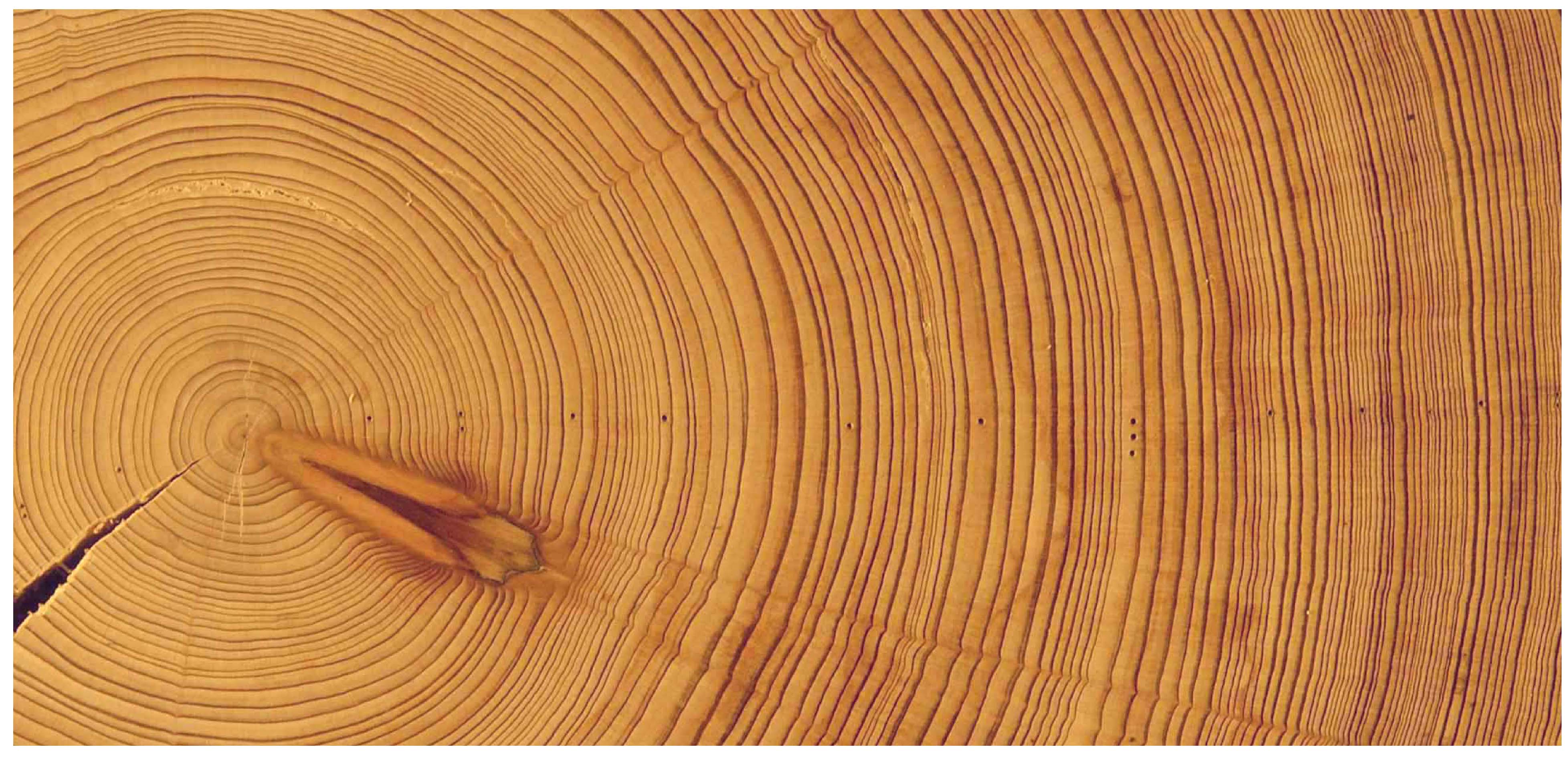Buffalo River, AR
About
The University of Arkansas is home to a vibrant community of researchers in the areas of ecology, evolution, and organismal biology. Faculty are principally housed in the Departments of Anthropology, Biological Sciences, Entomology, and Geosciences and participate in research and teaching collaborations that provide students a broad range of classroom and research experiences. Researchers use field work, laboratory experiments, and computational approaches to study ecology and evolution across multiple scales—from populations to large cross-sections of the tree of life. Arkansas provides unique opportunities for field and experimental studies of local fauna, flora, communities, and landscapes. Ecological and evolutionary studies focus on a broad range of taxa, including both model and non-model organisms.
Ouachita Mountains, AR
Research Areas
Phylogenetics and Comparative Biology is focused on uncovering the patterns and underlying mechanisms driving evolutionary change among species. Research questions are framed around phylogenetic hypotheses and explored using experimental and computational approaches, including the development of novel analytical methods. Specific areas of interest include patterns of species diversification, character and genome evolution, biogeography, development, systematics, and taxonomy.
Faculty: Adams, Alverson, Beaulieu, Delezene, Douglas, Douglas, Dowling, Latvis, Nakanishi, Spiegel, Terhune, Ungar, Zhuang

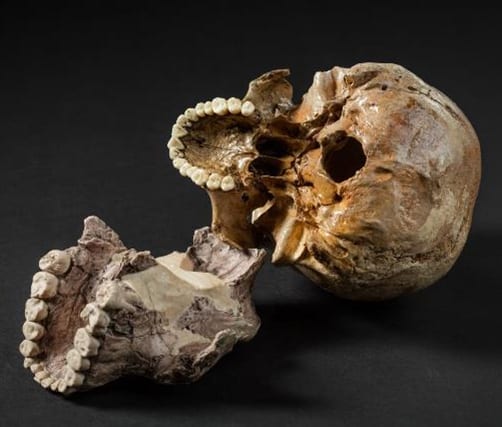
Human Evolutionary Studies includes research on hominin paleobiology and evolution. We engage in international paleoanthropological fieldwork in Africa and Europe and work in the lab to describe new fossils, and to reconstruct behaviors of early hominins from their craniodental remains through a combination of functional morphology and dental microwear.
Faculty: Delezene, Plavcan, Terhune, Ungar
Population, Conservation, and Ecological Genomics research uses genomic and transcriptomic data to address fundamental and applied questions about demography, population structure, and speciation. These studies can guide strategies related to the conservation and management of biological diversity.
Faculty: Adams, Douglas, Douglas, Etges, Latvis, Roberts, Westerman
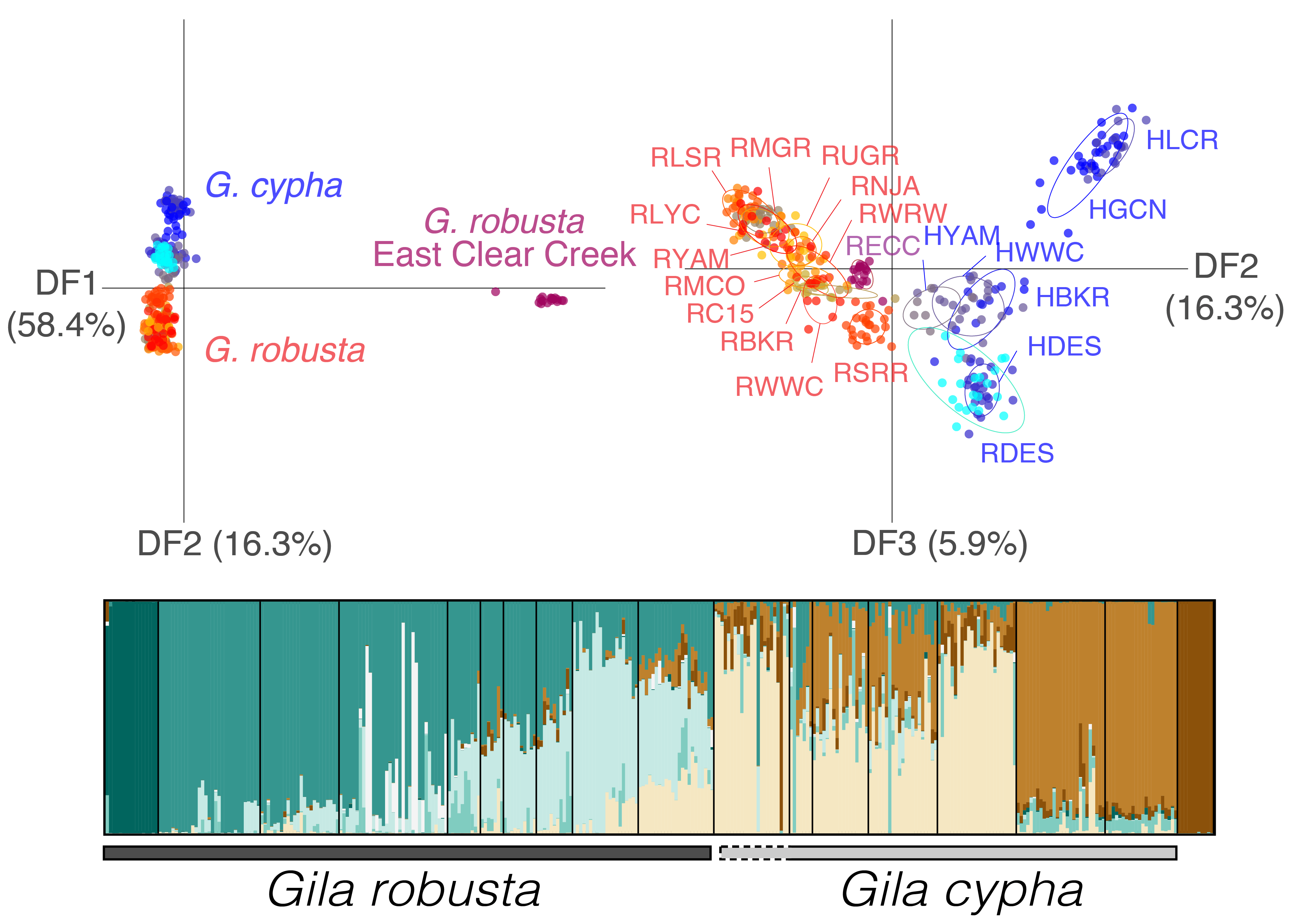
Paleoecology involves the reconstruction of past environments and interactions of fossil species and past peoples, with a focus on understanding how climate change drives evolution. Our paleoclimate research involves fieldwork in North America and Africa, and our lab work makes use of climate and paleoecological proxies, including ecomorphology to isotope and microwear analyses, to tree-ring studies.
Faculty: Stahle, Suarez, Ungar, Villaseñor
Population, Community, and Disease Ecology includes research on the factors that shape population demography and the structure of biological communities as well as interactions within and between species, including with pathogens and parasites. We focus on how global change affects ecological and evolutionary dynamics as well as understanding the factors necessary for conserving biological diversity.
Faculty: Douglas, Douglas, Evans-White, Forbes, Latvis, Magoulick, Siepielski, Westerman, Willson
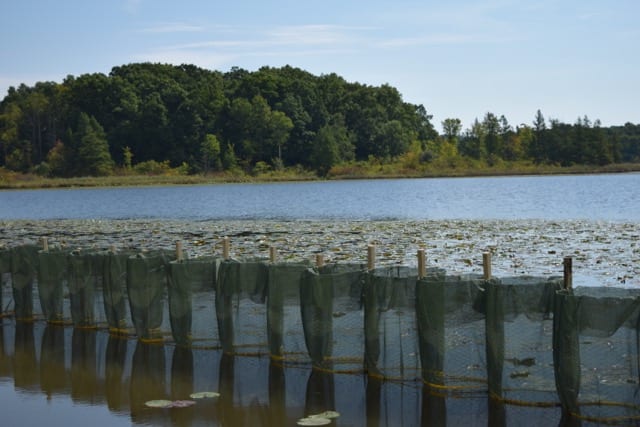
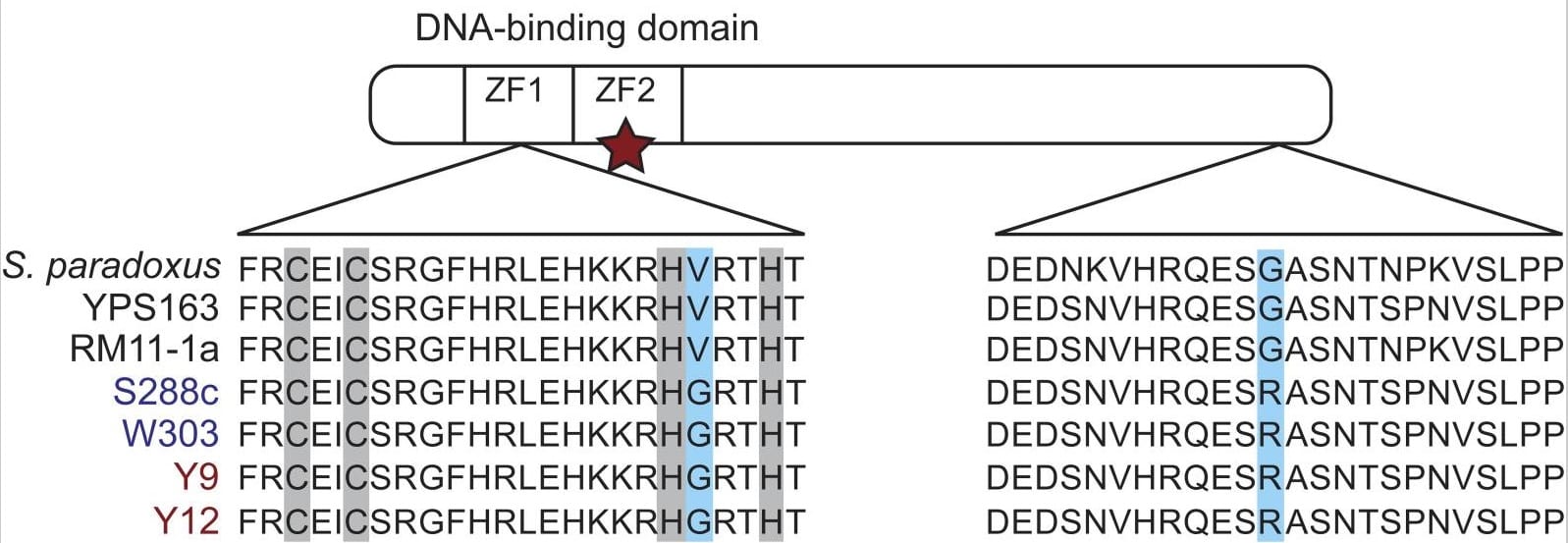
Molecular Evolution research is aimed at understanding the origins, evolution, structure, and function of genes and proteins and how these relate to changes in organismal development, physiology, and species diversification.
Faculty: Adams, Alverson, Beaulieu, Douglas, Douglas, Etges, Evans, Latvis, Lewis, Nakanishi, Zhuang
Landscape and Ecosystem Ecology focuses on macroscale ecological processes, including nutrient cycling, carbon and water cycling, and stoichiometry. One key focus in this area is the effects of human disturbances at local, regional, and global scales.
Faculty: Evans-White, Magoulick, Naithani, Roberts, Willson
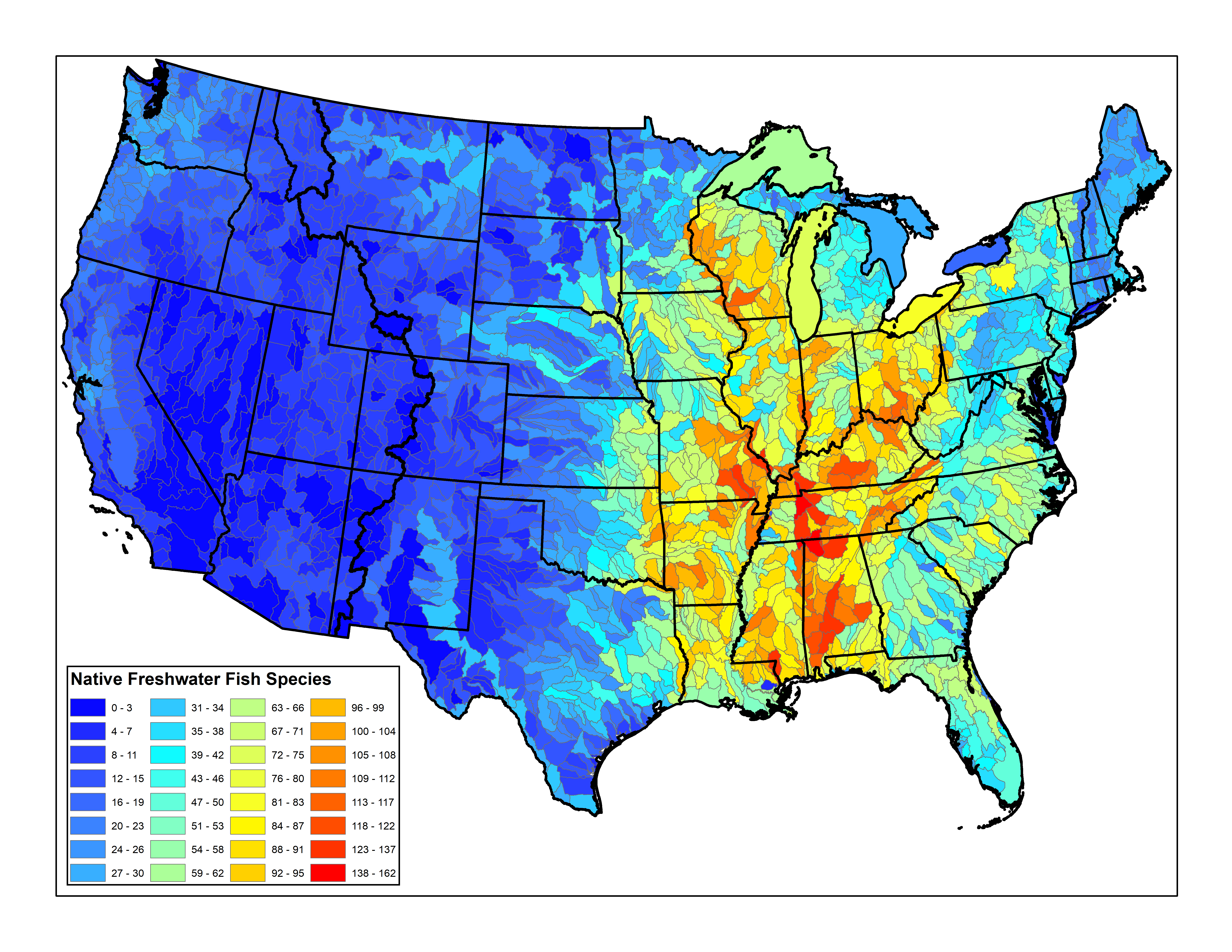
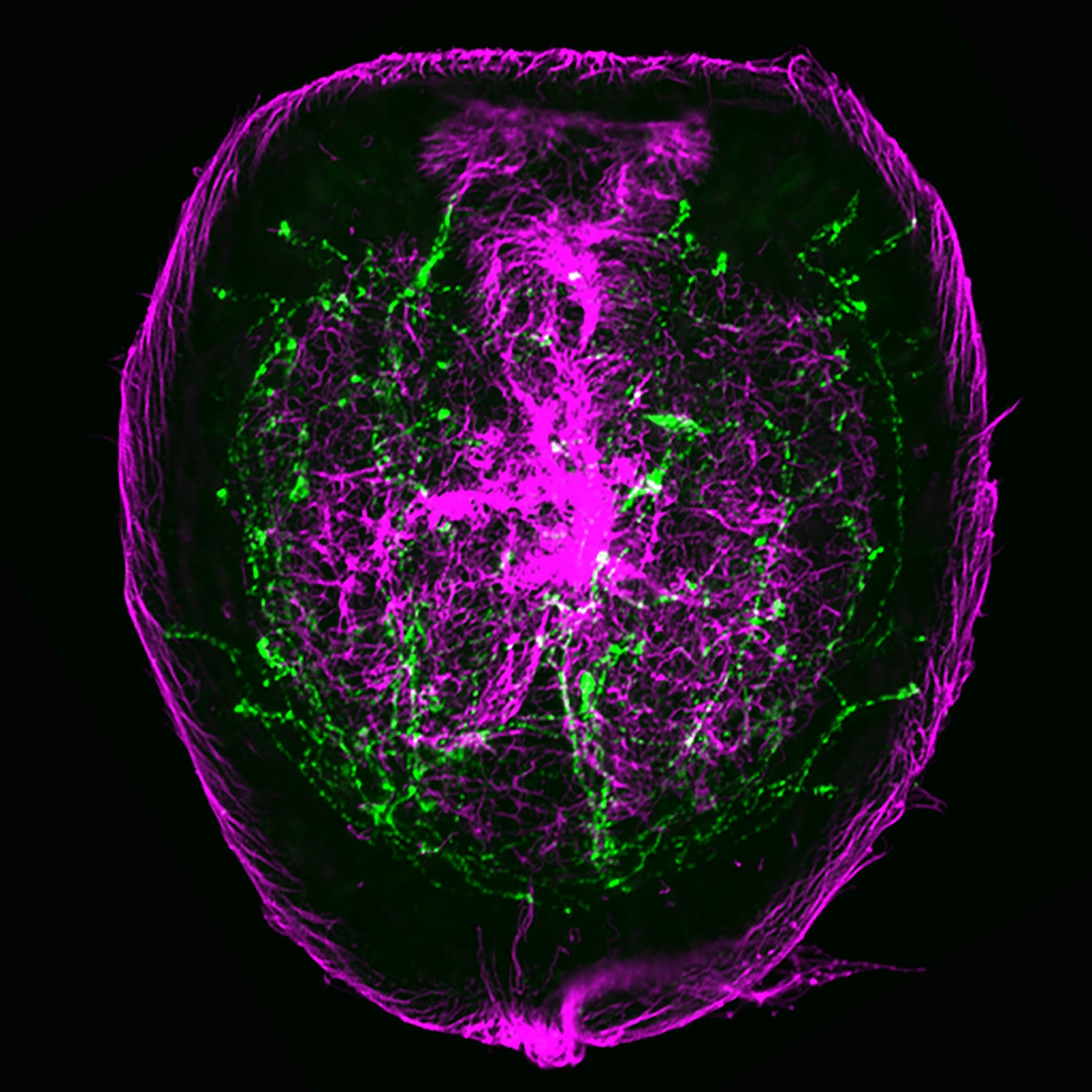
Integrative Organismal and Behavioral Biology research focuses on the interplay between organism-level traits and evolutionary and ecological processes. Using a broad array of techniques and concepts from bioenergetics, neurobiology, disease ecology, and endocrinology, researchers explore how physiology and behavior shape how individuals interact with biotic and abiotic elements of their environment, and the mechanistic underpinnings driving these interactions.
Faculty: DuRant, Etges, Evans-White, Nakanishi, Siepielski, Willson, Westerman
Hawksbill Crag, AR
Prospective Students
We are committed to training highly creative and productive scientists that value the importance of basic and integrative research, of linking theory with data, and of using natural history to guide their research questions. Students interested in pursuing graduate studies at the University of Arkansas are encouraged to identify and contact by e-mail a prospective faculty mentor with matching research interests. If the faculty member is accepting new students, students will then apply through the faculty member’s home department.
Research Areas by Program
How To Apply
Students interested in pursuing graduate studies at the University of Arkansas are encouraged to identify and contact by e-mail a prospective faculty mentor with matching research interests. If the faculty member is accepting new students, students will then apply through the faculty member’s home department.
Faculty by Program
Biological Sciences
Entomology
Geosciences
Eligible students will be automatically nominated for Doctoral Academy Fellowship or Distinguished Doctoral Fellowship awards, which provide PhD students with highly competitive stipends that supplement their Teaching or Research Assistantship salary.
